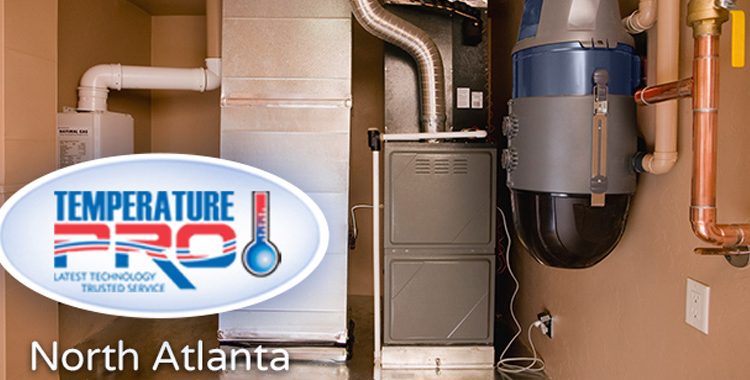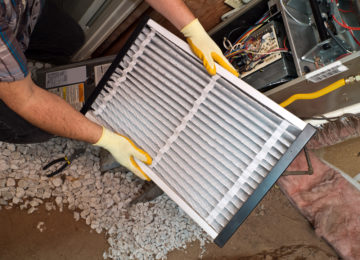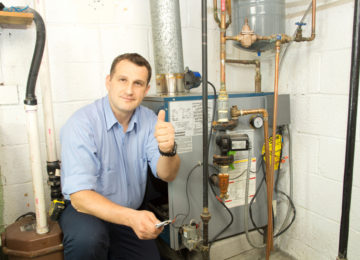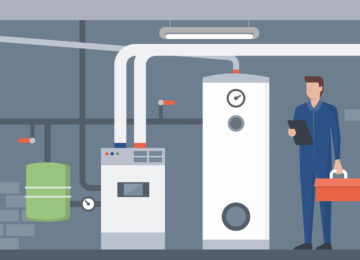As winter grows in Atlanta, your heater will be working at maximum capacity to meet the demands of the cold. Over time your heater will have normal wear and tear and if not maintained properly can lead to big problems. There are few things worse than having your heating system break or shut down in the middle of winter, and by looking for these signs you can ensure you catch any issues before they arrive.
This blog will cover the sounds, smells, and signs that your heater is in trouble and needs to be checked by an HVAC professional before it’s too late!
High Energy Bills
Keep track of how much you spend on your energy bill every year because a reliable sign that your heater is in need of some maintenance or repair is an unusually high energy bill. If your system is struggling to function properly, it will show in the amount of energy it uses every month. A system that is not functioning correctly is likely to use more energy to compensate for any shortcomings in it’s inner workings.
When you buy a new HVAC system keep track of how much money you’re spending on energy every month. That gives you a good baseline to go off of because a new system will initially perform at peak capacity. Once you have that baseline to go off of, you can track how well your heating and cooling system is operating through how much you are spending every month from that point. Slight fluctuations are normal, but massive increases can mean there is a problem.
Temperature Ranges in Your Home
The temperature in your home can vary depending on the type of thermostat you use, but it should be relatively the same throughout your home. If your home seems cold in one room and warm in the next, that’s a sign your HVAC system is not functioning properly. It’s likely an issue with how clean or dirty the ductwork is in your home, coupled with a dirty HVAC unit.
The dirtier your system and ductwork are, the harder it will be for it to operate effectively. Make sure the temperature is consistent throughout your home and monitor the cleanliness of your ductwork and HVAC system.
Smells & Sounds
Unpleasant smells or odd noises coming from your heating and cooling system can indicate a problem. If the air coming from your vents smells musty you could have mold inside your ductwork or around your unit. If there is a gas smell you could possibly have a leak in your furnace’s heat exchanger. Both smells are reasons to schedule a maintenance visit with an HVAC professional.
If you hear a lot of bumping, screeching, and gear grinding coming from your heater as it runs, you should have an HVAC technician check your heater for possible issues. Unnatural noises are good signs that your HVAC system is out of sync and failing to function smoothly.
Expiration Date
You can typically make any HVAC system last longer than its typical lifespan by taking good care of the unit and investing in preventative maintenance throughout its lifetime. Though nothing lasts forever, a furnace should last you about 15 years before it’s time to replace it.
Thankfully there is a myriad of options available to you, and they’ll all save you money on energy. As time has gone by there’s been a lot of improvement in HVAC technology, saving owners energy and money and keeping them comfortable.
Call the Heating & Cooling Experts at TemperaturePro®
At TemperaturePro, are goals are keeping you comfortable all year long and saving you money in the process. It is our hope that this blog helps in that endeavor because we know that there is nothing worse than having an HVAC system breakdown in the middle of winter or summer.
These signs are great ways to help HVAC owners keep tabs on their system and catch a problem before it starts. If you notice anything we’ve listed on this blog, or if you would like to schedule a maintenance visit to optimize your system, contact us today!




